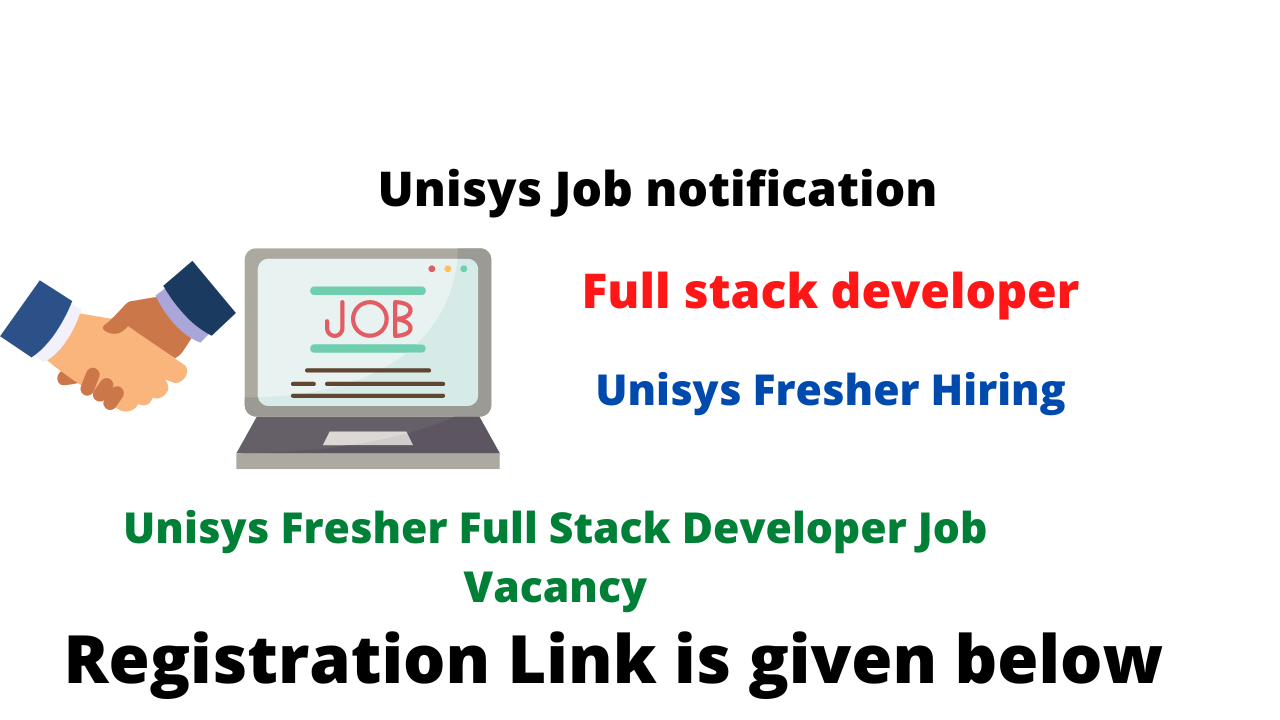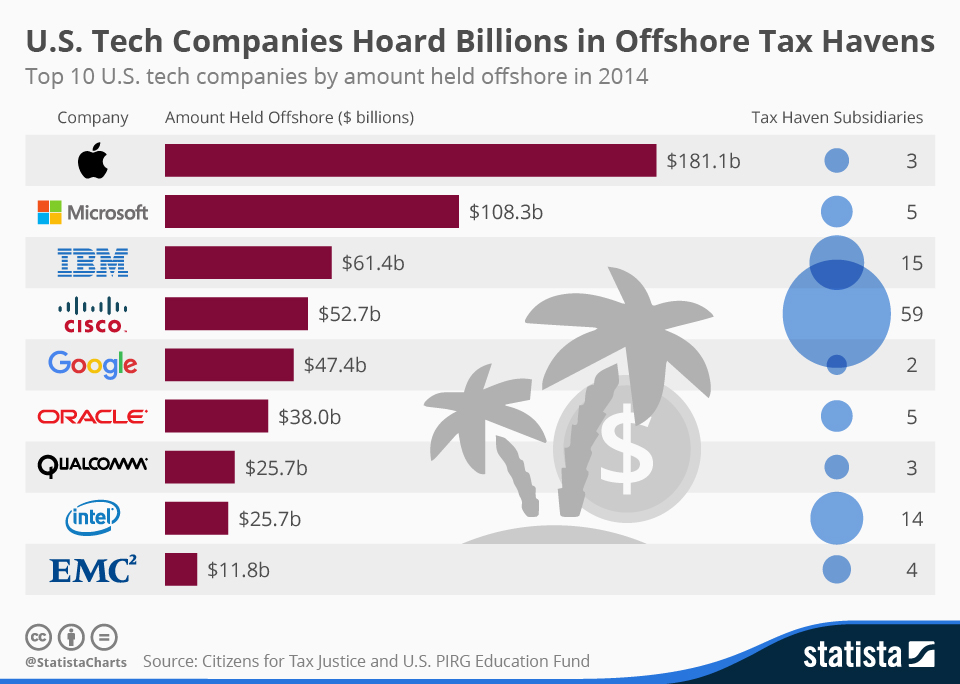
Before franchising your business, you must consider several things. Also, you should be aware of the differences in franchises and business options. Franchise marketing can help grow your business. To grow their lists, franchisees can make use of email marketing automation. They can also use special promotions and offers during the soft opening of their business.
Steps to Franchising a Business
You need to be prepared to franchise your business. First, you need to have a good business system in place. This involves identifying your target customers, and assessing your local market for products and services. Second, you must secure enough funding. The amount you need for your initial investment will depend on the nature and size of your business. However, you will need sufficient funds to support marketing, training, and other ongoing expenses.
The third thing you should do is consult experts who can help navigate the complex and highly-regulated world that is franchising. For example, an accountant can help you prepare financial details. A franchise attorney can also help with franchising regulations and laws. First, establish a strong reputation and commit to long-term support of franchisees.

What are the differences between franchises?
Franchises and business opportunities may be similar in their structure but the main difference lies in how they are sold. A franchise will require its seller to adhere to certain rules. However, a business opportunity does the opposite. Franchises can be more costly than business opportunities. Franchises may also be subject to a royalty payment. This is not the case for business opportunities.
These business opportunities may be less structured but can seem more attractive initially. Franchises on the other side offer comprehensive training and support structures. A franchisee will typically receive extensive training from the franchisor. Additionally, the franchisor can provide many support functions like managing payments and scheduling. A franchisor might also help with marketing by choosing the best location to market its products. This could reduce the marketing costs for licensees.
What are the requirements to get a franchise licence?
Before applying for a franchisor license, ensure you are familiar with the legal requirements. A number of states have strict regulations. Franchisees must adhere to specific standards. Franchise agreements must stipulate that the franchisee must follow certain marketing plans as well as community of interests requirements. The franchisee must also be authorized to use the franchisor's trademark as a trademark and sell its products under that trademark. The franchisor must have some control over the franchisees' operations, and they must agree to a contractual payment arrangement in compliance with the FTC.
Franchisees must also comply with certain registration and disclosure laws. New York's example is that franchisors must submit their advertising materials and franchise disclosure documents to the appropriate regulatory bodies.

A small business loan is required to open a franchise.
There are several different ways to obtain financing to start a franchise business. First, submit an application. It should include information regarding your net worth, assets, liabilities, business credit, and personal credit scores. This information will allow lenders to determine how much money you can borrow. The average amount that you can borrow is 35% of what your net worth.
Next, you will need to create a business proposal. Banks and the SBA will require a more detailed plan. You can submit a one-page plan for small business loans. Remember that these loans only finance the initial startup costs for a franchise. They do not finance ongoing franchise fees.
FAQ
What qualifications does a consultant need?
You don't just need to have a MBA, you also need to demonstrate your ability as a business consultant. At least two years experience in training and/or consulting for major companies is required.
It is essential that you have experience working closely with senior management on strategic development projects. This will require you to be comfortable sharing your ideas with clients and getting their buy-in.
Additionally, you will need to pass a professional qualification such as the Chartered Management Institute Certified Management Consultant (CMC).
How do I become successful as a consultant?
Finding a passion area is the first step. Then you have to build relationships. You need to know what clients want and how they operate. The final step is to provide results.
While you don’t have to be the greatest at everything, you have to be better than everyone else. You must also have passion for your work. It is not enough to simply say, "I want to become a consultant." You have to believe in yourself, and in what you are doing.
Why would a company hire a consultant?
A consultant offers expert advice on improving your business performance. Consultants are not there to help you sell products.
Consultants help companies make better business decisions through sound analysis and suggestions for improvement.
Senior management teams often have consultants working closely with them to help them understand their needs.
They offer leadership coaching and training to help employees reach their full potential.
They might advise businesses on how to reduce costs, streamline processes, or increase efficiency.
How much should you charge to be a consultant?
It depends on what service you provide. You don't have to charge anything if you provide services free of charge. However, if you are selling products or services, then you need to set prices based on value.
If you offer low-quality services then you don’t have anything for sale. You are not worth anything, so why should anyone pay you anything.
If you're providing high-quality services you might ask for a greater price. Because people are aware of the value you provide, they will be more willing to pay you a higher rate. Clients who purchase multiple packages may be eligible for discounts.
What types of jobs are available as a consultant?
Being a consultant will require you to have a solid understanding of business strategy as well as operations. Understanding the business world and how it fits into society is essential.
A career as a consultant requires you have great communication skills and a strong ability to think critically.
Consultants must be adaptable because they may be asked to do different tasks at different times. They must be able and willing to adapt quickly to changes in direction.
They should be prepared to travel extensively in support of their clients. This type work can take them anywhere in the world.
They must also be able handle stress and pressure well. Sometimes, consultants may be required to meet strict deadlines.
As a consultant, you may be expected to work long hours. This means that you may not always get paid overtime rates.
Which industries use consultants
There are many different types of consultants. Many consultants specialize in a particular type of business. Others may be more focused on multiple types.
Some consultants work exclusively for private businesses, while others represent large corporations.
Many consultants also work internationally to assist companies from all corners of the globe.
How can I select a consultant?
There are three key factors to be aware of:
-
Experience - How experienced is this consultant? Are you a beginner or an expert? Do her qualifications and knowledge show on her resume?
-
Education - What did this person learn during school? Did he/she go on to further education after graduation? Are we able to see evidence of his/her learning through the way he/she writes
-
Personality – Do we like this person/person? Would you want this person to work for you?
-
These questions help to decide if the consultant suits our needs. If you do not have the answer, it is worth interviewing the candidate to find out more.
Statistics
- WHY choose me: Why your ideal client should choose you (ex: 10 years of experience and 6-week program has helped over 20 clients boost their sales by an average of 33% in 6 months). (consultingsuccess.com)
- Over 50% of consultants get their first consulting client through a referral from their network. (consultingsuccess.com)
- Over 62% of consultants were dissatisfied with their former jobs before starting their consulting business. (consultingsuccess.com)
- 67% of consultants start their consulting businesses after quitting their jobs, while 33% start while they're still at their jobs. (consultingsuccess.com)
- So, if you help your clients increase their sales by 33%, then use a word like “revolution” instead of “increase.” (consultingsuccess.com)
External Links
How To
What should I do to get started with a consulting business?
You can make a lot of money by setting up a consulting business. You don’t need to have business experience or invest capital. You can start your own consulting firm by building a website. After you have built a website, social media platforms such Instagram, Pinterest and LinkedIn will be useful to spread the word about your services.
With these tools, you can put together a marketing plan that includes things like:
-
Content creation (blogs).
-
Establishing connections (contacts)
-
Generating leads through lead generation forms
-
Selling products (eCommerce websites)
After you have developed your marketing strategy, it's time to find clients willing to pay for your services. Some prefer to meet up at networking events or go to meetings, while others prefer to use online platforms like Craigslist, Kijiji, and others. It's up to you to make the decision.
Once you have secured new clients, you will need to discuss terms with them and their payment options. This could include hourly or flat fees as well as retainer agreements and flat fee contracts. It is important to clearly communicate with clients before you accept them as clients.
The most common type of contract for a consultancy service is an hourly agreement. You agree to offer certain services at a fixed fee each month or every week. Depending on the type of service you are offering, you may be able to negotiate a discount depending on the length of the contract. It is important to understand the terms of any contract you sign before you sign it.
Next, create invoices and then send them to clients. Invoicing is one those things that seem so simple until you actually do it. You have many options to invoice your clients. For example, some people prefer to have their invoices emailed directly to their clients, while others print hard copies and mail them. Whatever method you choose, make sure it works for you!
After creating invoices are complete, you will need to collect payments. PayPal is popular because it is easy to use, offers several payment options, and most people prefer it. Other payment processors such as Square Cash. Google Wallet. Apple Pay. Venmo.
Once you're ready to begin collecting payments, you'll want to set up bank accounts. Separate checking and savings accounts allow you to keep track of income and expenses separately. You can also set up automatic bank transfers to pay bills.
Although it can seem daunting when you first start a business as a consultant, once you get the hang of it, it will become second nature. This blog post will provide more information about starting your own consultancy business.
It's a great way for extra income without having to worry about hiring employees. Consultants can work remotely so they don't have the hassle of dealing with office politics and long working hours. Being able to work remotely allows you more freedom than traditional employees.